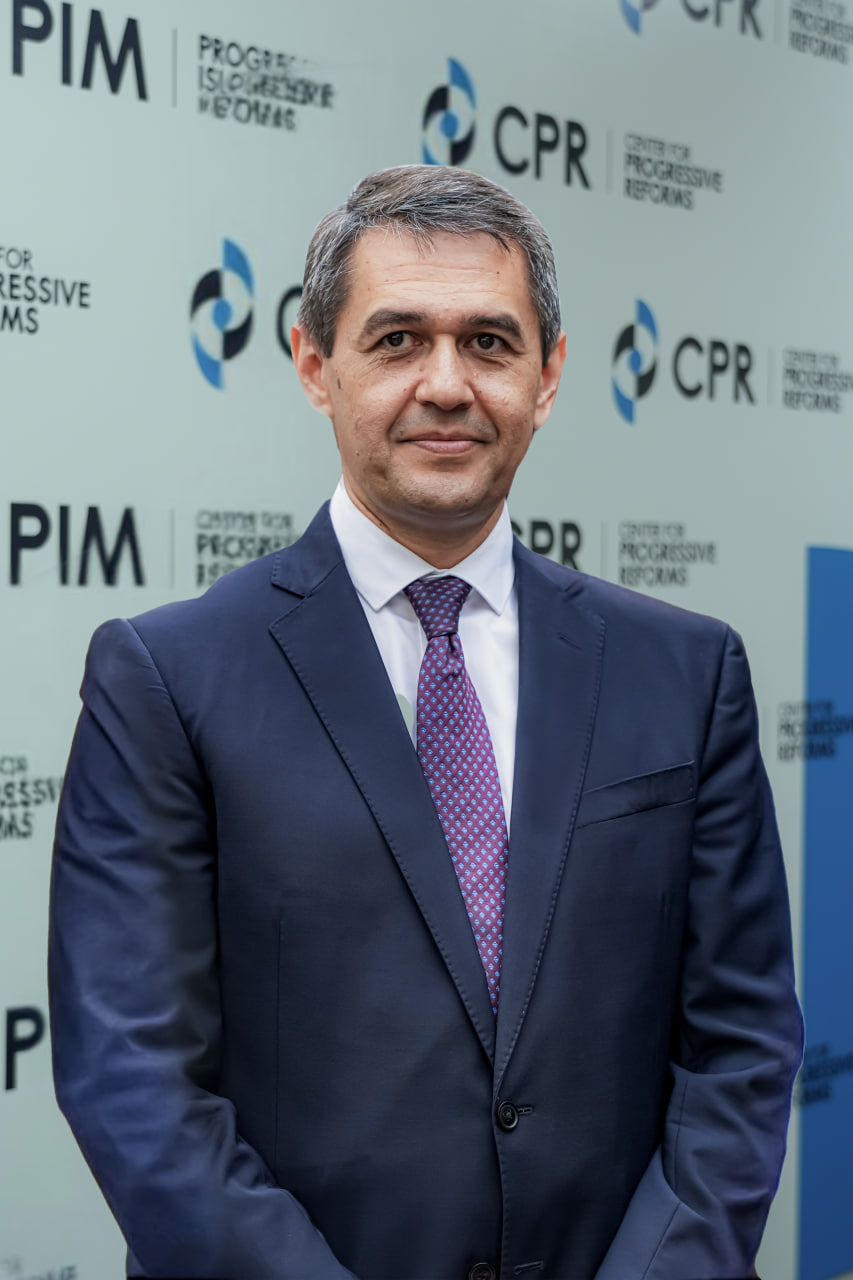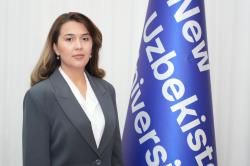Media and ICT Development: Enhancing Digital Inclusion and Infrastructure in Uzbekistan
Center for Progressive Reforms
Session 274
As part of Uzbekistan’s ongoing socio-economic modernization, the digital transformation agenda has emerged as both a strategic opportunity and a complex policy undertaking. This session, convened by the independent think tank Center for Progressive Reforms (CPR), seeks to examine the contours of this transformation, particularly how digital infrastructure and inclusive media ecosystems are reshaping the social contract in a post-transition context.
While the Digital Uzbekistan – 2030 strategy outlines ambitious goals for connectivity and infrastructure, the realization of inclusive digital transformation remains uneven. Independent assessments by civil society actors, including CPR, point to ongoing barriers: rural-urban divides in coverage, affordability issues, and significant disparities in digital literacy—especially among women, youth, and marginalized groups. These structural gaps underline the need for more people-centered approaches that go beyond infrastructure rollouts to address the socio-economic and informational inequalities that shape digital access.
At the same time, a parallel process is underway: the recalibration of the media environment. Legal reforms, the emergence of fact-checking platforms, and efforts to support independent media actors represent significant departures from legacy governance models. This convergence of ICT development with a more pluralistic information landscape invites critical reflection on how digital tools can enable meaningful civic participation, safeguard rights, and strengthen public accountability.
This session will unpack the extent to which Uzbekistan’s experience focusing on citizen-centered e-governance, data accessibility, digital inclusion, and the evolving interplay between public institutions, media actors, and civil society. Of particular interest will be the role of digital tools—such as participatory budgeting platforms and e-petitions—in structuring new forms of engagement between state and society.

.png?maxwidth=250)

-
 C1. The role of governments and all stakeholders in the promotion of ICTs for development
C1. The role of governments and all stakeholders in the promotion of ICTs for development
-
 C2. Information and communication infrastructure
C2. Information and communication infrastructure
-
 C3. Access to information and knowledge
C3. Access to information and knowledge
-
 C4. Capacity building
C4. Capacity building
-
 C6. Enabling environment
C6. Enabling environment
-
 C7. ICT applications: benefits in all aspects of life — E-government
C7. ICT applications: benefits in all aspects of life — E-government
-
 C9. Media
C9. Media
-
 Goal 4: Ensure inclusive and equitable quality education and promote lifelong learning opportunities for all
Goal 4: Ensure inclusive and equitable quality education and promote lifelong learning opportunities for all
-
 Goal 9: Build resilient infrastructure, promote sustainable industrialization and foster innovation
Goal 9: Build resilient infrastructure, promote sustainable industrialization and foster innovation
-
 Goal 16: Promote just, peaceful and inclusive societies
Goal 16: Promote just, peaceful and inclusive societies
-
 Goal 17: Revitalize the global partnership for sustainable development
Goal 17: Revitalize the global partnership for sustainable development
- Objective 2: Expand inclusion in and benefits from the digital economy for all
- Objective 4: Advance responsible, equitable and interoperable data governance approaches